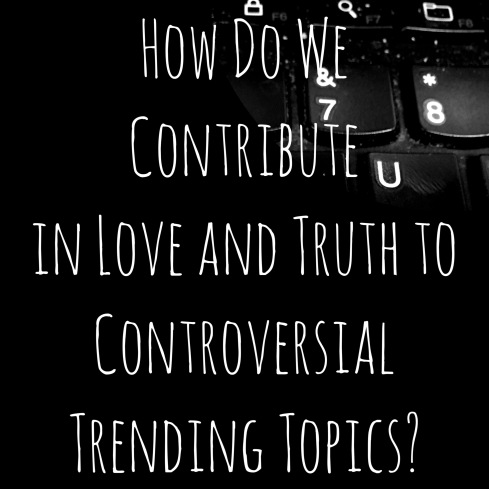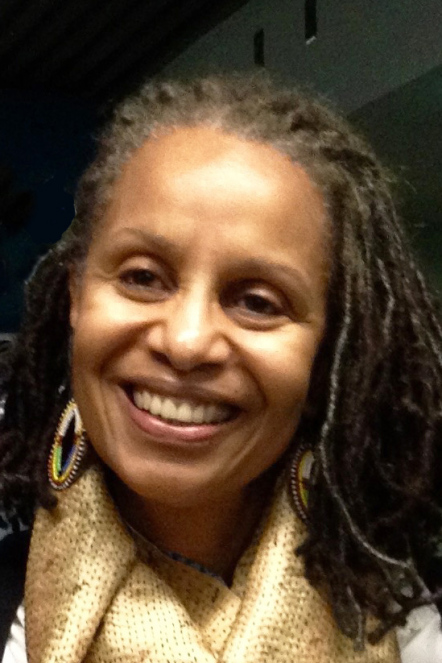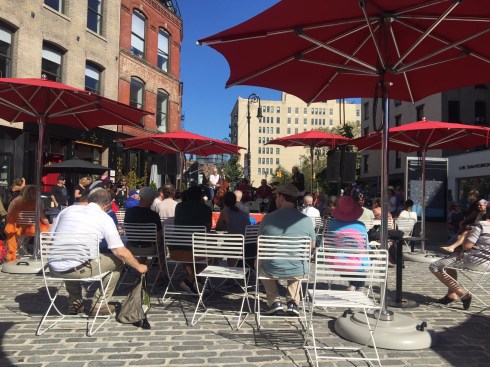
For many years, the Cornelia Street Café was one of my favorite haunts in all of New York City. Situated on a tiny, quiet street in the Village, it burst with energy and innovation. “Minister of Culture, Wine Czar, Dean of Faculty” Robin Hirsch gave the stage to the exquisitely unique musicians and poets that make New York City so great.
Among the monthly guests was David Amram. Composer, author, veteran, he began his professional career playing French horn in the National Symphony Orchestra in 1951. A few years later, after serving in the US Army, he moved to New York and began playing in bands by jazz musicians Dizzy Gillespie, Charles Mingus, and Oscar Pettiford. A decade later, Leonard Bernstein selected him to be the New York Philharmonic’s first composer-in-residence. In between that time, he’d written the scores to such films as Splendor in the Grass and The Manchurian Candidate. To host a musician of Amram’s caliber spoke to the esteem of the Cornelia Street Café, though both the Café and Amram always brought in up-and-coming acts as well. At his monthly Monday night sessions at “the Cornelia Street Stadium,” as he always called the tiny venue, Amram shared not just his music but stories of life in the ‘50s and ‘60s in the Village. He’d talk about the great international instrument shop he frequented and the poetry and music venues that have now shuttered.
And then just like that Cornelia Street Café became one of them. Opened in July 1977, the café closed due to rising rents on New Years 2019.
The news of Cornelia Street Café’s shuttering is a huge loss to the literary community and to New York City. While New York’s profitability is positive, its rampant gentrification destroys the very thing that makes the city so exciting, beautiful, and unique. If a city loses its artists, it loses its heart, its pulse.
It was also a loss for me. My editor and mentor introduced me to Cornelia Street Café, urging me to check it out. Soon I began attending Amram’s jams, Three Room Press’s Beat-centric events hosted by founders Kat Georges and Peter Carlaftes, and a slew of other readings. I got to hear impressive poets like Steve Dalachinsky (who passed on September 16), Anne Waldman, George Wallace, you name it! It was also the place where Sopranos actor John Ventimiglia came in and sat across from me at the table where I was seated. Incredibly, more than once I found myself on stage. David Amram kindly invited me to read from Burning Furiously Beautiful: The True Story of Jack Kerouac’s “On the Road,” coauthored with biographer Paul Maher Jr.,which is one of the highlights of my life. I also had the great pleasure of reading a section from my memoir-in-progress at the Greek American Writers Association, thanks to an invitation from the ever-gracious Penelope Karageorge. I, in turn, introduced many of my friends to Cornelia Street Café, and when the news broke that it was closing, we grieved because it didn’t just mean the loss of a venue—it meant the loss of a community spirit.
So, when my mentor emailed to alert me that Cornelia Street in Exile was heading to the Meatpacking District for a Sunday afternoon outdoors at Gansevoort Plaza on September 15, I had to go! I was also intrigued. Though there was a beautiful—and ohmygosh delicious—restaurant at the street level, to get to the performance venue you had to descend down the stairs into the cavernous basement. It was dark and narrow, lit by candlelight. Plush red drapes and mirrors perhaps sought to make the tiny room elegant and more spacious, but in fact the space felt womblike. It was, after all, a place pregnant with creative possibilities, where one grew, evolved, and was, in a way, reborn into the slippery city night. So how would it work to for Cornelia Meatpacking District to be out in broad daylight, on the street, for passersby to wonder it?
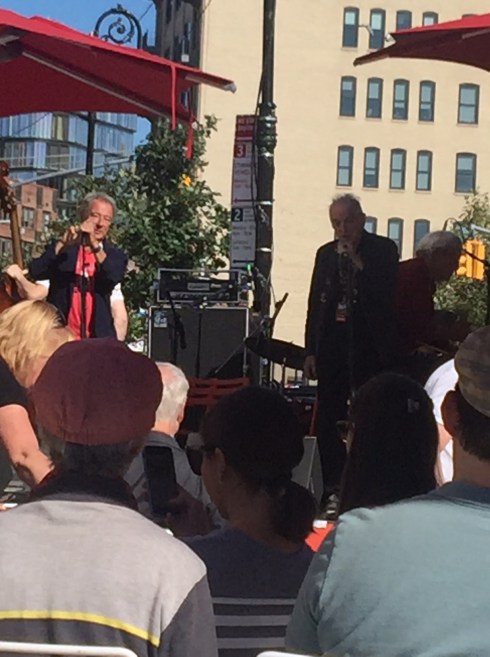
Hirsch and Amram
Incredibly well, actually. When it was open, Cornelia Street Café often hosted a full day of events over Memorial Day weekend that spilled out onto the sidewalks. It felt very much like one of those events. Of course, that’s probably thanks to the Shinbone Alley Stilt Band, who were a staple of the summer events and who helped create a seamless transition from one performer to the next at Cornelia Meatpacking District by stilt-walking from the stage to the crowd to perform between sets. That got people’s attention!
David Amram & Co. held the show together, playing many of our favorites and introducing—and even performing with—the other musicians and poets. It was a full afternoon of delight thanks to all the fun musicians and poets who read. As it was more performance-driven, I missed getting to hear David’s stories, which for me are always fascinating, but poet—and new dad—Frank Messina told how he’d met his wife at the Cornelia Street Café!
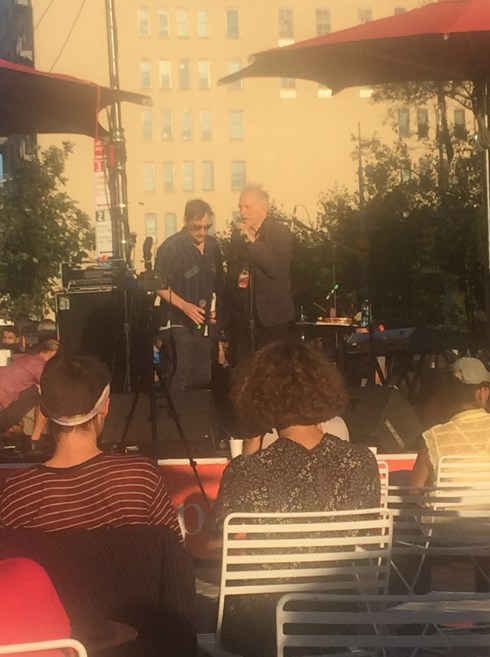
Messina and Amram
The event also included Arturo O’Farrill Trio. Son of the legendary Latin jazz musician Chico O’Farrill, Arturo is a musician in his own right: the Grammy Award winning musician is known for his free jazz and experimentations with hip hop. There was also Rogerio Souza and the Billy Newman Quarteto.
The lively music soon had people dancing at the front of the stage! Proprietor Robin Hirsch, publisher Kat Georges, attendees in the crowd, and a bold young woman who seemed to enjoy the attention danced and swayed and moved to the music. The sun then began to set over the Hudson, and with it the show came to a close.
Though it lacked some of the intimacy of the basement and felt commercial because the corporate sponsors were profusely thanked between each set, the event was a success. It showed the resilience of the arts and captured the beauty of community. Many of the familiar faces were there, but so were new people, intrigued by musicians playing jazz on stilts, the charm of VickiKristinaBarcelona Band, and folk musicians singing of bad dates. Four hours long, the Cornelia Meatpacking District felt organic—and hopeful.
Next up, Hirsch brings Yom Kippur for Yogis to the Integral Yoga Institute for Cornelia Integral on October 3 at 7pm. Tickets are $20. FMI: iyiny.org.
Tags: Anne Waldman, Arturo O'Farrill, Billy Newman, Burning Furiously Beautiful, Cornelia Street Cafe, David Amram, Frank Messina, George Wallace, Greenwich Village, jazz, John Ventimiglia, Kat Georges, New York City, Paul Maher Jr., Penelope Karageorge, Peter Carlaftes, Rogerio Souza, Shinbone Alley Stilt Band, Steve Dalachinsky, Three Rooms Press, VickiKristinaBarcelona







